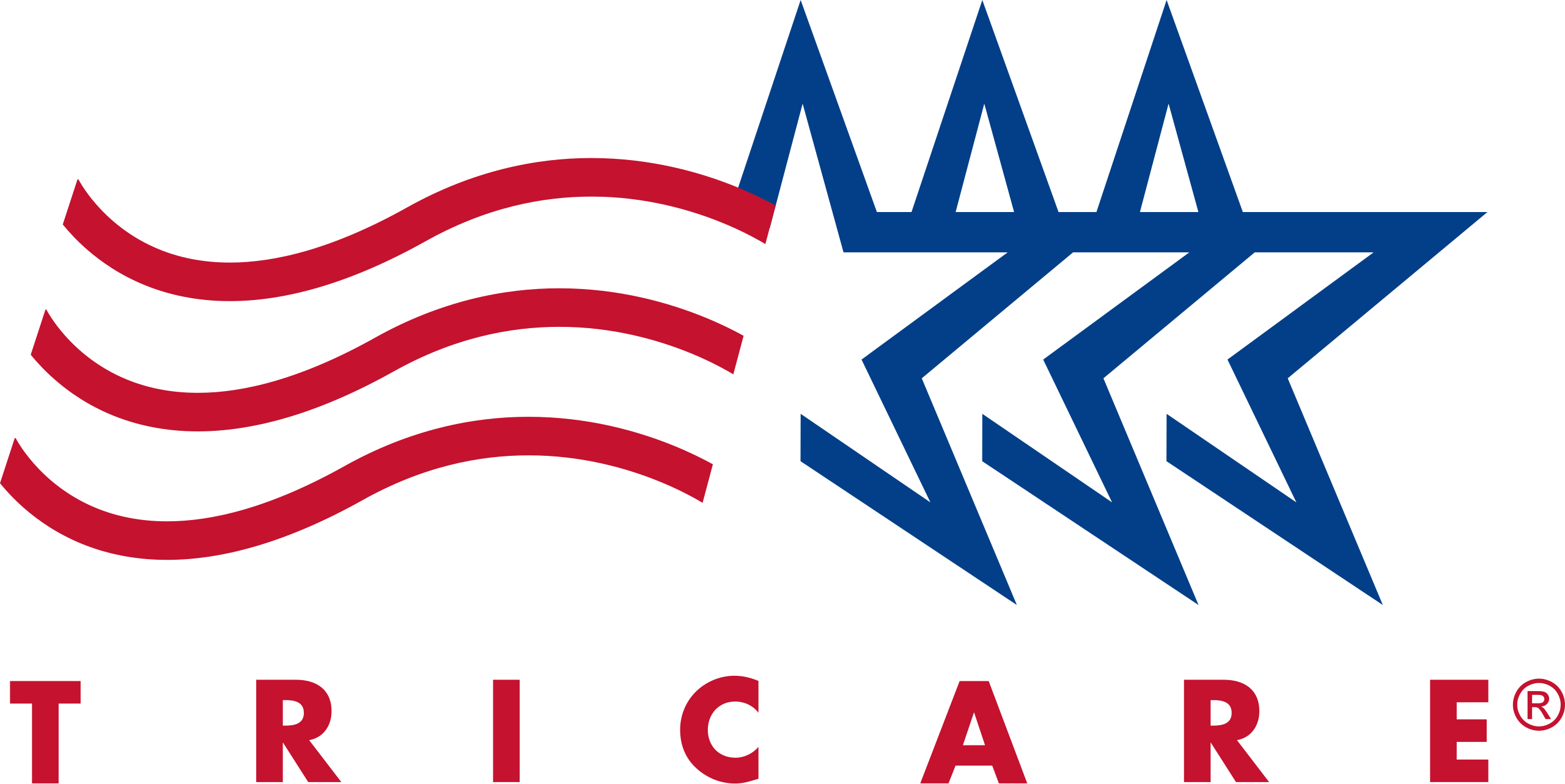Substance use can change how the brain functions. When someone stops using certain drugs, the brain struggles to regain balance. In some cases, addiction withdrawal can trigger seizures. These seizures can be dangerous, so understanding the risks and how to manage them safely is crucial. Find out what drugs cause seizures when withdrawing and why medically supervised detox is vital.
What Is the Relationship Between Substance Use and Seizures?
Certain substances suppress or alter brain activity. When someone stops using these substances suddenly, the brain may overreact, leading to seizures. This is more common with drugs that affect the central nervous system, especially those that depress brain activity. The severity of withdrawal symptoms, including seizures, depends on the drug type, the amount used, and individual health factors.
What Happens When Someone Has a Seizure?
Seizures occur when abnormal electrical activity disrupts normal brain function. They can range from mild to severe. Some people experience muscle twitching, confusion, or staring spells. Others may have full-body convulsions, unconsciousness, or loss of bladder control. Seizures can last seconds or minutes and may require emergency medical attention.
What Drugs Cause Seizures When Withdrawing?
Several drugs increase the risk of seizures during withdrawal. These include:
- Alcohol: Chronic alcohol use changes brain chemistry by suppressing nerve activity. When someone stops drinking suddenly, the brain overcompensates, causing hyperactivity. This can lead to alcohol withdrawal seizures, which typically occur within 6-48 hours of the last drink.
- Benzodiazepines (Xanax, Valium, Ativan): These medications slow down brain activity and are often prescribed for anxiety and insomnia. Stopping them abruptly can cause severe withdrawal symptoms, including seizures. The risk is higher for those using benzodiazepines for long periods or at high doses.
- Barbiturates (Phenobarbital, Secobarbital): Barbiturates are central nervous system depressants used for anxiety, sleep disorders, and epilepsy. They have a high potential for dependence. Withdrawal can cause seizures, confusion, and life-threatening complications, especially if stopped suddenly without medical supervision.
- Opioids (Heroin, Oxycodone, Fentanyl): Opioid withdrawal does not usually cause seizures, but in extreme cases, neurological symptoms can occur. Seizures are more likely if someone uses opioids with other substances, such as benzodiazepines or alcohol. Severe withdrawal can also cause dehydration and electrolyte imbalances, which may trigger seizures.
- Stimulants (Cocaine, Methamphetamine): Stimulants increase dopamine levels and overexcite the brain. When someone stops using them suddenly, the brain may react unpredictably, leading to withdrawal seizures. Chronic stimulant use also lowers the seizure threshold, making individuals more vulnerable to neurological disturbances.
- Antidepressants (Wellbutrin, SSRIs, SNRIs): Some antidepressants lower the seizure threshold, increasing the risk of withdrawal seizures. Wellbutrin (bupropion) is particularly known for this risk, especially at high doses. Sudden discontinuation of SSRIs or SNRIs can lead to brain hyperactivity and, in rare cases, seizures.
Are Seizures Life-Threatening During Withdrawal?
Seizures from drug withdrawal can be life-threatening. They may cause choking, falls, or head injuries. In severe cases, repeated seizures can lead to status epilepticus, a medical emergency requiring immediate treatment. Seeking medical supervision during withdrawal reduces the risk of complications.
Drug-Induced Seizures: Symptoms and Signs of a Seizure
Recognizing drug-induced seizures symptoms and signs can help prevent further injury, which includes:
- Uncontrollable jerking movements
- Loss of consciousness
- Confusion or staring spells
- Sudden stiffening of muscles
- Unresponsiveness
- Loss of bladder or bowel control
- Breathing difficulties
If someone has a seizure, remain calm and help ensure their safety. Move sharp objects away to prevent injury. Do not restrain them or put anything in their mouth. Turn them on their side to keep their airway clear.
Call 911 as soon as possible for further assistance while timing the seizure. Seek emergency help immediately if the person is having multiple seizure episodes, remains unconscious, or gets injured during the episode.
Risk Factors for Drug-Induced Seizures
What drugs cause seizures when withdrawing can also be attributed to certain risk factors. These risk factors increase the risk of seizures during withdrawal and include:
- Long-term or heavy drug use: Chronic substance use alters brain function, making withdrawal symptoms more severe. The longer someone uses a drug, the greater the risk of seizures.
- Previous history of seizures: A person who has had seizures before is at higher risk during withdrawal. Even if previous seizures were unrelated to substance use, withdrawal can trigger new episodes.
- Sudden discontinuation of use: Stopping certain drugs abruptly shocks the nervous system. A slow, medically supervised tapering process reduces the risk of severe withdrawal symptoms, including seizures.
- Mixing multiple substances: Using multiple substances, especially depressants like alcohol and benzodiazepines, increases the likelihood of seizures.
- Underlying medical conditions: Pre-existing conditions such as epilepsy, brain injuries, or metabolic disorders raise the risk of seizures. Medical detox can help manage these risks safely.
- Dehydration or malnutrition: Poor nutrition and dehydration weaken the body’s ability to handle withdrawal. Proper hydration and balanced nutrition support brain function and lower seizure risks.
The Importance of Medically-Supervised Detox
Medically supervised detox helps manage withdrawal safely. Healthcare providers monitor vital signs, provide medications, and intervene if complications arise. This reduces the risk of severe withdrawal and drug-induced seizure symptoms. Supervised detox also improves the chances of successful recovery by addressing both the physical and emotional aspects of addiction.
How Are Seizures Managed During Medically-Supervised Withdrawal?
Medical professionals use several methods to manage and prevent seizures during detox. These include:
- Medication-assisted treatment (MAT): Doctors may prescribe benzodiazepines, anticonvulsants, or other medications to stabilize brain activity. These drugs reduce the likelihood of seizures and other severe withdrawal symptoms.
- Hydration and nutrition support: Proper hydration and balanced meals help restore essential nutrients lost during substance use. Electrolyte imbalances can contribute to seizures, making nutrition support crucial.
- Gradual tapering: Instead of quitting abruptly, doctors create a tapering plan to reduce drug dependence slowly. This minimizes shock to the nervous system and prevents severe withdrawal reactions.
- Constant monitoring: Medical staff track vital signs, observe symptoms, and respond immediately if complications arise. Continuous monitoring ensures timely intervention in case of a seizure.
- Emergency intervention: If a seizure occurs, healthcare professionals provide oxygen, IV fluids, and medication as needed. Rapid intervention prevents serious complications and ensures patient safety.
Seek Help to Avoid Drug-Induced Seizures During Withdrawal Today
If you are concerned about what drugs cause seizures when withdrawing, medical detox is the safest choice. At Retreat of Broward, our alcohol and drug detox center in Southwestern Florida provides comprehensive, personalized care. Our team offers 24/7 medical supervision, tailored treatment plans, and a compassionate approach to recovery. Contact us today to start your journey toward a healthier, substance-free future.
















